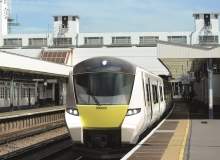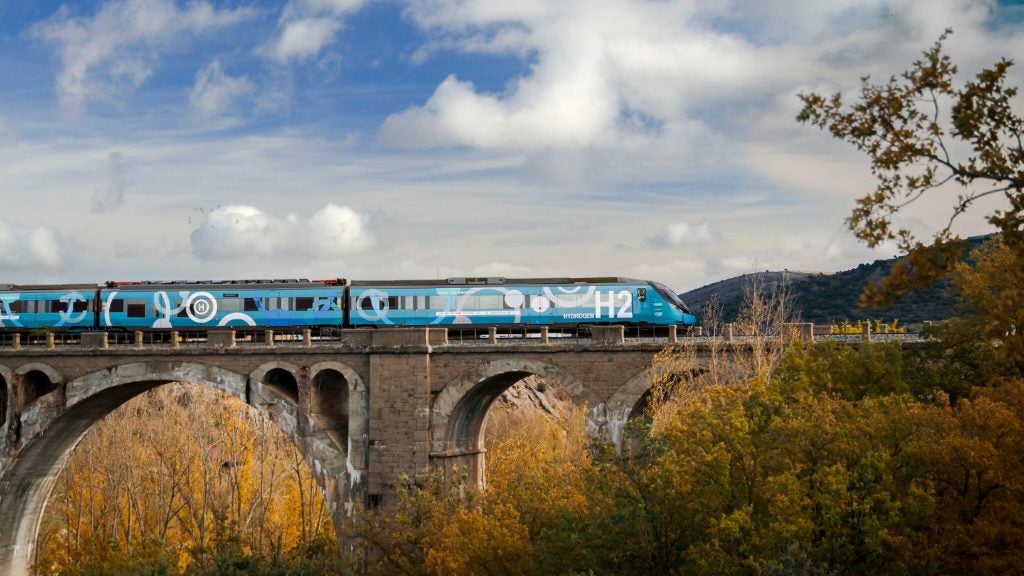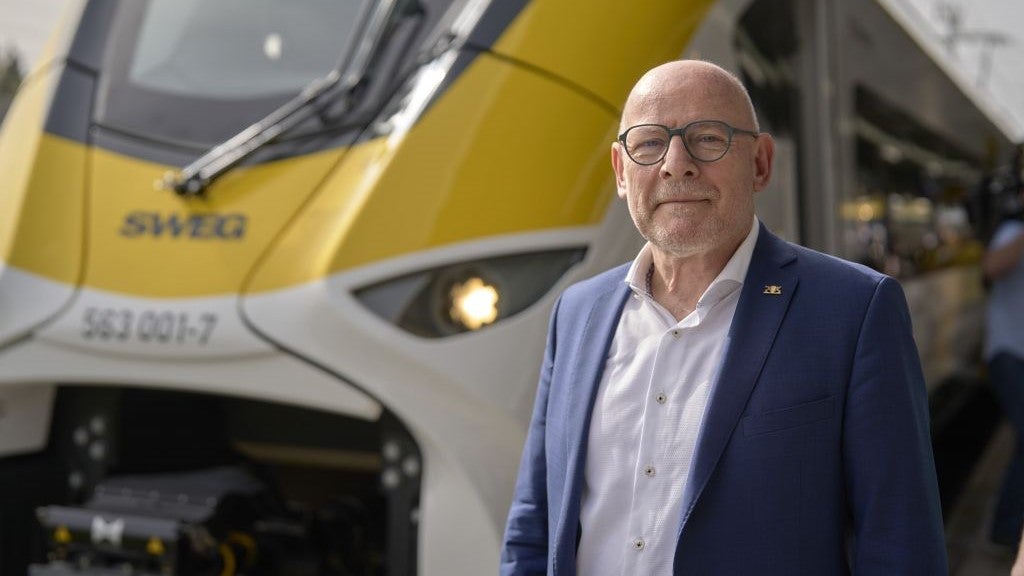
Siemens‘ Desiro series of diesel and electric passenger trains” height=”286″ src=”https://www.railway-technology.com/wp-content/uploads/static-progressive/Desiro%20City%20new%20trains%20for%20London’s%20Thameslink_image.jpg” title=”Siemens’ Desiro series of diesel and electric passenger trains” width=”430″ />
After years of setbacks, the UK Department of Transport has finally signalled the start of the second phase of London’s Thameslink Programme by awarding Siemens a £1.6bn contract to build and maintain a fleet of new commuter trains.
The north-south link – so long delayed that original calls to expand the severely-overcrowded line were made in the 1990s – will enable passengers to travel through the capital via Bedford and Brighton on one of 1,140 vehicles.
The fleet, known as Desiro City, will expand Siemens’ Desiro series of diesel and electric passenger trains which currently run through other European countries, including Bulgaria and Austria, as well as the US and Malaysia.
The signing of the contract will come as a relief for spending watchdogs and think tanks, including the National Audit Office, who questioned the feasibility of delivering the entire project by 2018.
Thameslink Programme delays
Thameslink, a 50-station main-line route running 225km through London, opened in 1988 and by 1998 it was severely overcrowded, carrying more than 28,000 passengers in the morning rush-hour.
How well do you really know your competitors?
Access the most comprehensive Company Profiles on the market, powered by GlobalData. Save hours of research. Gain competitive edge.

Thank you!
Your download email will arrive shortly
Not ready to buy yet? Download a free sample
We are confident about the unique quality of our Company Profiles. However, we want you to make the most beneficial decision for your business, so we offer a free sample that you can download by submitting the below form
By GlobalDataFifteen years on, passenger demand has rocketed, and with customer satisfaction waning on north and south-bound routes, a more regular and efficient service can’t come soon enough.
British Rail proposed to expand the original network in the early 1990s, with plans to increase the number of stations served to 169 and allow more trains per hour by 2000. But the project suffered the first of many delays after the responsibility of the project was transferred to Railtrack in 1993.
Since then, the project has undergone two public inquiries and financial responsibility has shifted from Railtrack to the Strategic Rail Authority. It wasn’t until 2005 that the DoT became the official sponsor of the programme.
A report published by the National Audit Office last month, praised the Department for completing the first phase of infrastructure works in 2011, including the rebuilding of Blackfriars Station and a new viaduct at Borough Market, £143m under budget.
But a three year delay finalising the manufacturing contract with Siemens, believed to be caused by financial issues, has pushed the timetable for delivery from 2015 to 2018.
Siemens will still be required to deliver the first trains by December 2015, but the Department’s original assumption was that three years and three months would be needed between the contract award and delivery of the first rolling stock on the network.
See Also:
Desiro City to "transform" London transport
With the contract to build new trains finally signed, there is light at the end of the tunnel, with DoT expected to map out the Thameslink Programme’s path based on a revised timetable.
In the meantime, Siemens is celebrating receiving its biggest ever order in the UK and one of the company’s biggest global orders for its rolling stock business.
Siemens Rail Systems CEO Jochen Eikholt said last month: "This order is an impressive reminder of our leading position in the British rail market, where we enjoy an excellent reputation. Our commuter trains are seen as the most reliable in the country. Annually, more than 350 trains travel more than 80 million kilometres in Great Britain."
The government snubbed the UK’s last remaining train factory, Bombardier, in favour of the German company, a decision which will lead to the loss of 1,000 jobs.
But Siemens claims the deal would create up to 2000 jobs in the UK – via the supply chain, assembly, construction depots and maintenance.
The DoT expects Desiro City to "transform" the travelling experience for commuters by introducing 24 trains per hour into service.
Existing Thameslink units, which mainly consist of Class 319 trains, built by BREL, and First Capital Connect’s four-coach Class 377 sets, will be cascaded to other routes.
Desiro City trains are more spacious than predecessor models, according to Siemens, and their aluminium bodies make them 25% lighter, thus reducing track wear by up to 50%.
Interior shots are yet to be released, but Siemens has published artists’ impressions of what the new trains will look like as they pull into the platform.
Related content
Ergonomic design: how behavioural science is changing London Bridge Station
Human behavioural science is being employed at the new £700m London Bridge redevelopment to make the station more user-friendly.
Photo feature: Crossrail’s tunnelling milestone
London’s massive Crossrail project reached a new milestone when its tunnel boring machine, Phyllis, reached Bond Street station in March.






